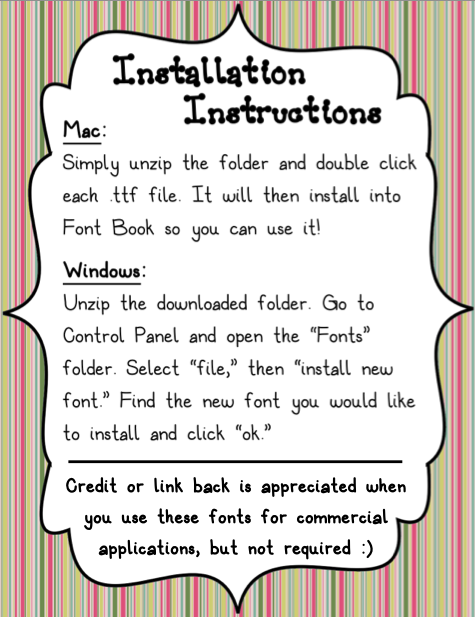

I recently found a game on Pinterest that involves rolling 2 dice – 1 with an emotion word on it, and the other with an animal. Students then get to take turns acting out a sad cat, excited mouse, nervous monkey, etc. I decided to try it in a class yesterday and this was the result. The other teacher in the room and I couldn’t stop laughing…luckily the student didn’t really understand what was so hilarious about it!
Me: And what animal will we act like when our dice rolls this?
Student: A cat!
Me: What about this?
Student: An elephant!
Me: And what will we act like when the dice rolls this?
Student: A human, but there’s no way I can act like a human!
Could be the truest thing I heard all year considering the licking and barking I witnessed earlier this week. Anyone else sometimes feel like they’re working in a zoo rather than a school!?













